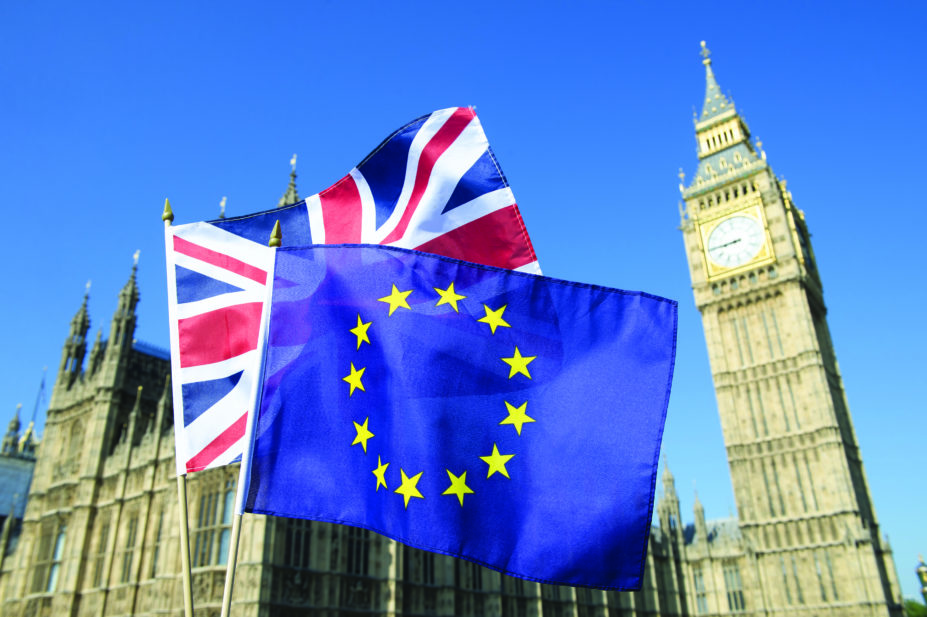
shutterstock.com
The UK could lose influence when the European Medicines Agency (EMA) leaves London following Brexit, health secretary Jeremy Hunt has admitted to MPs.
Questioned by the House of Commons Health Select Committee, Hunt accepted that EMA’s departure from Canary Wharf to one of 19 bidding European cities would be a blow, but he insisted that UK medicines regulators could still play a significant part in Europe-wide regulation.
“We will potentially lose our influence, that is true,” he said.
“But most people in the EMA recognise that British scientific expertise has helped it do a better job than it might otherwise have done and they can still tap into that wherever they are situated,” he said.
Asked by MPs whether Brexit would vastly inflate the cost of drugs for the NHS and slow access to medicines for patients, Hunt said no.
“I don’t think that will happen because when we leave the EU we will have control of own regulatory structures, so medicines coming to market will be under our own control and it is absolutely our priority to increase speed of access to medicines for patients in the NHS,” he said.
And the health secretary told MPs he hoped there would continue to be a high degree of convergence between UK and EU medicines regulation.
“We are very willing to look at systems of mutual recognition,” he said.
“So our offer to the EU is to continue our very close relationship, and we have a certain degree of confidence that we should end up with a sensible deal as it is so patently in the interests of both parties to do so.”

Source: Shutterstock.com
health secretary Jeremy Hunt said long-term workforce planning would be a big challenge for the NHS, and he warned that the health service had sometimes “drawn false comfort from fishing in the EU labour pool”
Hunt accepted that Brexit posed a number of challenges for the health service, with the most immediate being the future of the 62,000 EU nationals working for the NHS.
“It is a period of great uncertainty as negotiations go on, but it is really important to stress how important these staff are as part of the NHS family and we must do what we can to get them to stay,” he said.
Hunt said long-term workforce planning would be a big challenge for the NHS, and he warned that the health service had sometimes “drawn false comfort from fishing in the EU labour pool”.
Committee chair, Sarah Wollaston, said the committee would carry out an inquiry specifically on how Brexit will affect the NHS. She asked Hunt to provide four of 58 unpublished papers, believed to have been prepared by government departments on the economic effect of leaving the EU, which are relevant to the health service.
MPs on the select committee also asked the health secretary about a television interview he gave where he suggested that pay rises for NHS staff might be linked to productivity increases.
“The Chancellor is talking about improving productivity in the NHS long-term, but we are not going to be asking people to work harder because I don’t think that is possible,” Hunt said.
Any pay increase linked to productivity was a “matter for negotiations with the unions” he said.
Hunt said he had been told that any productivity-linked pay rise would come from new money that would not require savings to be made elsewhere in the NHS.


